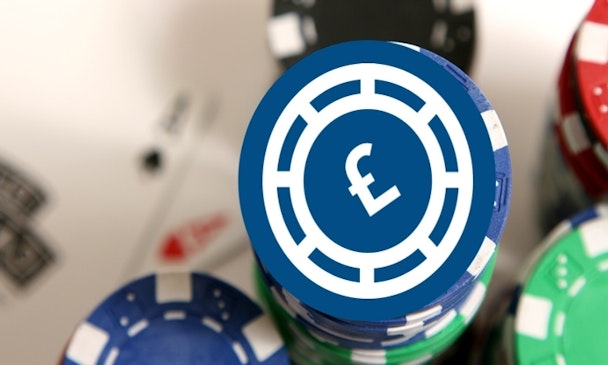UK gambling firms banned from using sports stars, celebs and influencers in ads
The Committee for Advertising Practice (CAP) is to enforce new rules for gambling advertisements to better protect young and vulnerable audiences from exposure to the vice.

This new crackdown is to limit the appeal of gambling ads and protect children
The clampdown bars any gambling or lottery ad from associating with youth culture, curtailing the activities of brands that have previously turned to sports stars, celebrities and social influencers – all of whom carry the greatest clout among at-risk audiences aged 18 and under.
Mandating that gambling promotions must not “be likely to be of strong appeal to children or young persons, especially by reflecting or being associated with youth culture,” the tough new CAP edict is seen as a necessary step to protect the vulnerable.
CAP director Shahriar Coupal said: “The days of gambling ads featuring sports stars, video game imagery and other content of strong appeal to under-18s are numbered. By ending these practices, our new rules invite a new era for gambling ads, more particular to the adult audience they can target and more befitting of the age-restricted product they’re promoting.”
Taking effect from October 1, the new rules are promoted as a “step change” from the old order, which asked simply that gambling ads not be of “particular appeal” to young audiences, significantly curtailing the space brands have to operate in.
The clampdown dovetails with a new campaign by GambleAware highlighting how gambling activities have returned to pre-pandemic levels, estimating that there are 1.4 million people in the UK who it classes as experiencing gambling harm.
Developed in partnership with M&C Saatchi and Freuds, the short film recounts the experiences of comedian John Robins as a clarion call for others in a similar position to avail themselves of treatment and support. Asking “Is gambling always on your mind?” the campaign targets the stigma associated with the activity and surfaces available support services.
While GambleAware is left to pick up the pieces after the fact, CAP is seeking to prevent addictions from forming in the first place.
Last year some 8,500 individuals sought free assistance from the National Gambling Treatment Service (NGTS) for the financial, emotional and health-related fall-outs from gambling.
Commenting on the parallel GambleAware campaign, Matt Lee, executive creative director at M&C Saatchi, added: “This campaign is an evolution of our original NGTS campaign. This time around we’ve really tried to emphasize the efficacy of the NGTS, bringing in some important stats that highlight how many people have already been helped by the NGTS and to normalize contacting them for help.”
The burst of activity follows the launch of GambleAware’s first ever campaign aimed at women earlier in the year.
Content created with:

GambleAware
If you're worried about how gambling makes you or someone else feel, we can help
Find out more
